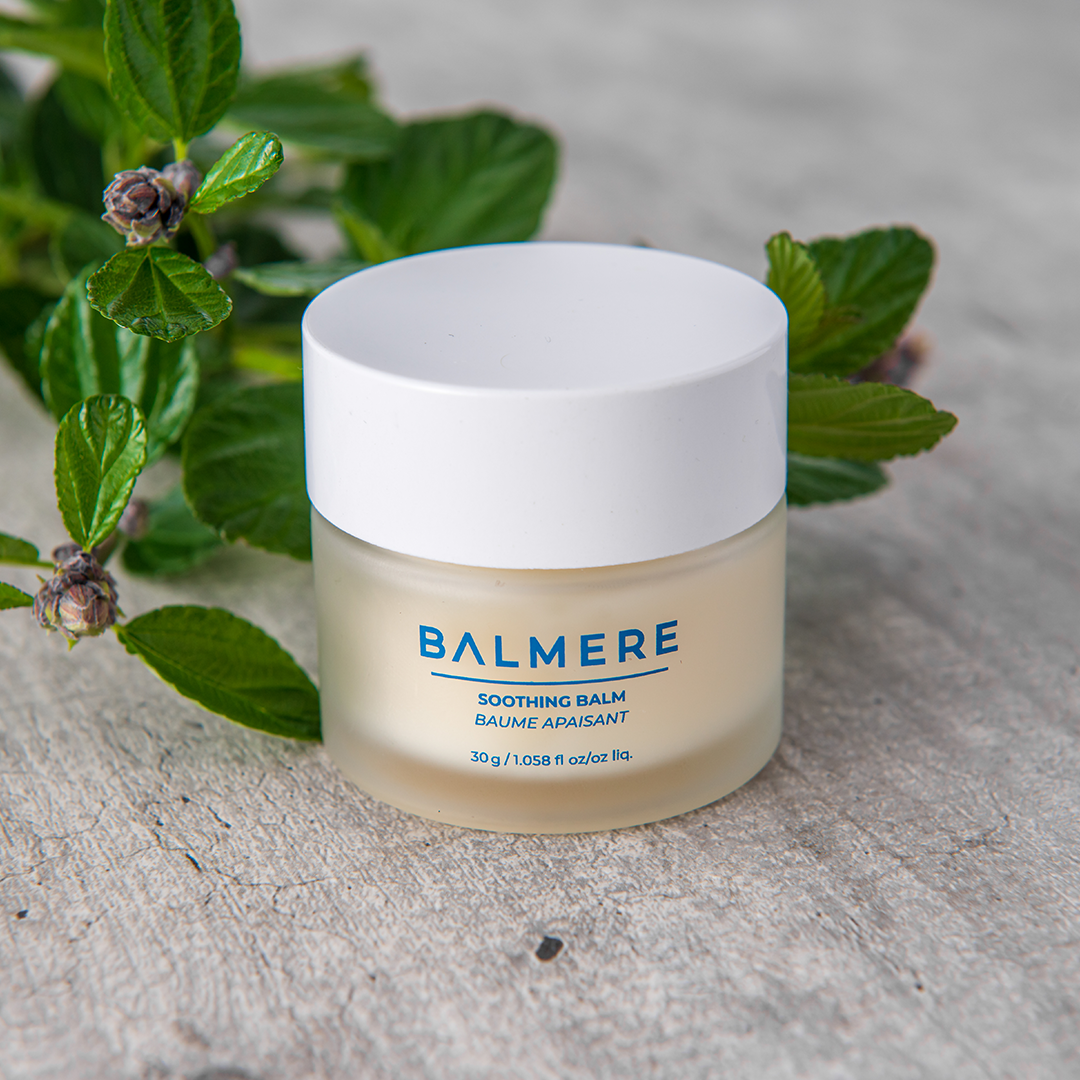
Mineral sunscreens have become a popular choice for many individuals looking to protect their skin from the harmful effects of UV rays. Unlike chemical sunscreens, which work by absorbing UV rays, mineral sunscreens act as a physical barrier on the skin, reflecting and scattering the sun's rays. This unique mechanism makes mineral sunscreens an effective and safe option for those with sensitive skin or concerns about potential chemical absorption into the body.
One of the key benefits of mineral sunscreens is their ability to provide broad-spectrum protection against both UVA and UVB rays. UVA rays are known to penetrate deep into the skin, leading to premature aging and an increased risk of skin cancer. On the other hand, UVB rays are responsible for causing sunburns and skin damage on the surface. Mineral sunscreens containing active ingredients like zinc oxide and titanium dioxide are effective in blocking both types of UV rays, offering comprehensive protection for your skin.
Another advantage of mineral sunscreens is their gentle formula, making them suitable for all skin types, including sensitive and acne-prone skin. Mineral sunscreens are less likely to cause irritation or allergic reactions compared to chemical sunscreens, making them a great choice for those with skin sensitivities. The physical barrier created by mineral sunscreens also makes them water-resistant, ensuring long-lasting protection during outdoor activities or swimming.
Furthermore, mineral sunscreens are considered reef-safe and environmentally friendly. Chemical sunscreens containing ingredients like oxybenzone and octinoxate have been found to harm coral reefs and marine life when washed off into the ocean. In contrast, mineral sunscreens provide a safer alternative for both your skin and the environment. By choosing a mineral sunscreen, you can enjoy the sun responsibly while minimizing your impact on the ecosystem.
When selecting a mineral sunscreen, it's essential to look for products with a high SPF (sun protection factor) to ensure adequate protection against UV rays. The American Academy of Dermatology recommends using a broad-spectrum sunscreen with an SPF of 30 or higher for daily use. Additionally, reapplying sunscreen every two hours, or more frequently if swimming or sweating, is crucial to maintain its effectiveness throughout the day.
While mineral sunscreens offer numerous benefits, it's important to note that they may leave a white cast on the skin due to the presence of zinc oxide and titanium dioxide. To minimize this effect, manufacturers have developed tinted mineral sunscreens that blend seamlessly with various skin tones. These tinted formulas not only provide sun protection but also offer a natural-looking finish, perfect for everyday wear.
In conclusion, mineral sunscreens are a reliable and effective defense against harmful UV rays, offering broad-spectrum protection, gentle formulation, and reef-safe benefits. By incorporating a mineral sunscreen into your daily skincare routine, you can safeguard your skin from sun damage and reduce the risk of skin cancer. With a wide range of mineral sunscreen options available on the market, there is no excuse to skip sun protection. Remember, prevention is key when it comes to maintaining healthy and youthful skin, so make mineral sunscreen your go-to choice for sun protection year-round.